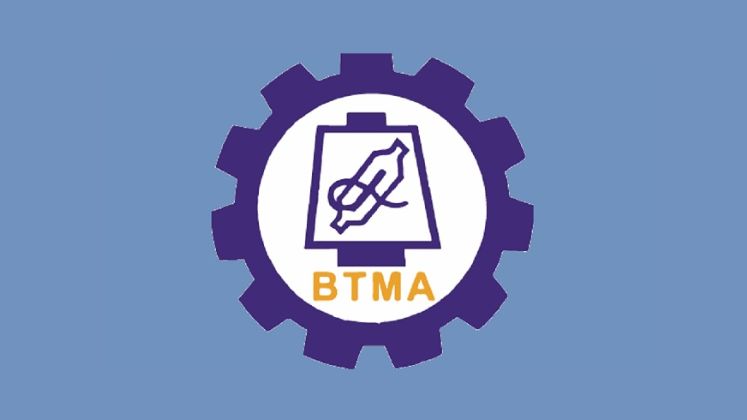
In a communication addressed to both the Bangladesh Bank and the Federation of Bangladesh Chambers of Commerce and Industry (FBCCI), the Bangladesh Textile Mills Association (BTMA) disclosed that garment exporters owe its members a substantial sum of over US $ 376 million.
This letter from the BTMA was prompted by an inquiry from the country’s preeminent trade organisation concerning the repatriation of export earnings. Following a recommendation from the Bangladesh Bank, the FBCCI established a committee to oversee the repatriation process on 14th October.
Additionally, the FBCCI sought input from various trade bodies to understand the reasons behind the delayed disbursement of export proceeds.
The BTMA’s letter outlined that 15 of its members had supplied yarn valued at US $ 375.77 million to 307 export-focused garment factories, yet they are still awaiting payment.
Furthermore, four weaving mills are owed US $ 1.08 million for providing fabrics to 12 apparel exporters.
Monsoor Ahmed, the Chief Executive Officer of the BTMA, noted that they have already established a unit to monitor delays in payments to millers and spinners. However, despite numerous garment exporters failing to uphold their primary agreements or proforma invoices (PI) when procuring yarn and fabrics, this monitoring unit has not taken effective action.
The garment manufacturers’ failure to adhere to these agreements implies that they are once again relying on imported yarn, as the slight price difference with locally produced yarn allows them to offset higher input costs by delivering superior quality products. Similarly, the absence of work orders means that manufacturers now have more time to fulfil their shipments, eliminating the need to source from local spinners to achieve shorter lead times, the textile millers reportedly felt.
Consequently, yarn stockpiling is resuming at the mills, as many garment makers are neglecting to collect their orders despite previously agreeing upon a proforma invoice.






